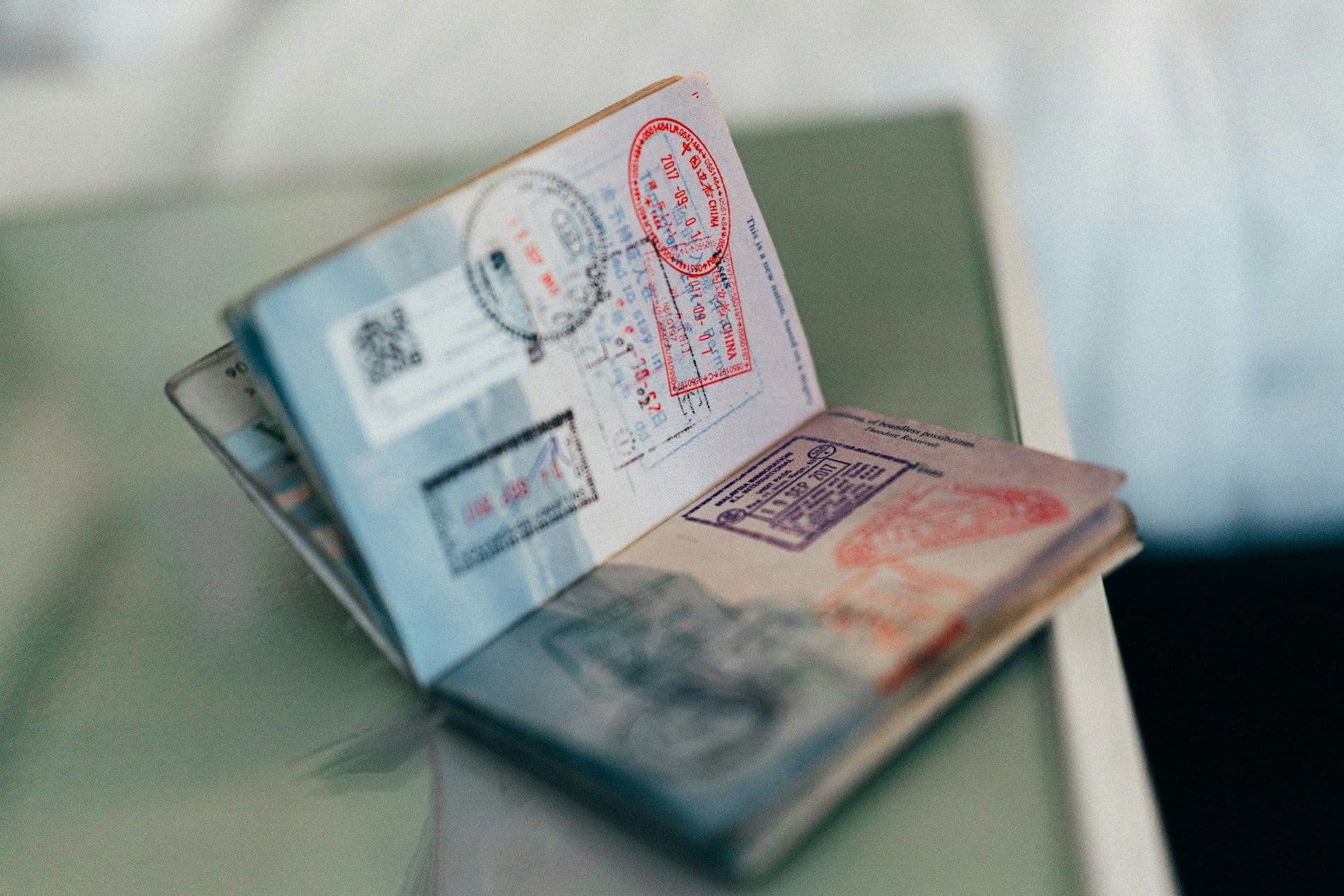European Commission bans visas for Russians

Kit (formerly ConvertKit), Unsplash
The European Commission has officially adopted a decision radically changing the procedure for issuing multiple-entry short-term Schengen visas to Russian citizens residing in Russia. The document, adopted on 6 November 2025, is due to "significantly increased migration and security threats" caused by Russia's actions, including the war in Ukraine, sabotage on EU territory, cyber espionage and propaganda.
Now Russians will be able to obtain a Schengen multivisa only in strictly defined cases. The main criterion is a reduced risk profile. This definition includes:
- Close relatives of EU citizens or Russian citizens legally residing in the EU countries - spouses (including registered partners), children under 21, stepchildren, parents. It is necessary to have three previously obtained and correctly used visas for the last two years. Such applicants will be issued a multi-visa for one year.
- Transport workers, including seafarers, lorry and bus drivers and train crew members. For them, the requirement is two correctly used visas in the last two years. Such categories are allowed a multi-visa for a period of nine months.
It is emphasised that even for these categories, visas will only be issued if all the conditions for entry under the Schengen Code are met, including the possession of a valid travel document. If the validity of the passport is shorter than the possible duration of the visa, it will be limited and will expire three months before the document expires.
In addition, the new rules do not apply to third-country nationals permanently residing in Russia but who do not have Russian citizenship. They can still obtain multi-visas under standard Schengen rules. Also, according to the wording of the law, the restrictions should not affect Russian citizens who reside outside Russia but not in EU countries.
This leaves room for individual decisions. In "justified cases" EU countries may issue long-term visas for up to 5 years. In particular, this may apply to dissidents, independent journalists, human rights defenders, civil society representatives and their relatives. In such cases, the visa authorities of the Member States are free to make their own assessment of credibility and risk.
This decision does not affect the provisions on freedom of movement for family members of EU citizens, which are regulated by a separate directive.
The document obliges 25 EU states to apply the new measures, including Luxembourg, Germany, France, Italy, Poland, the Baltic States, Spain and others. Denmark, which has independently implemented the visa code, must also comply with the new rules under the international obligation.





